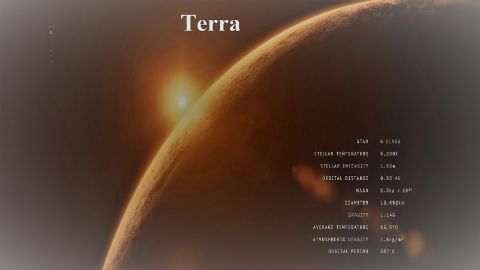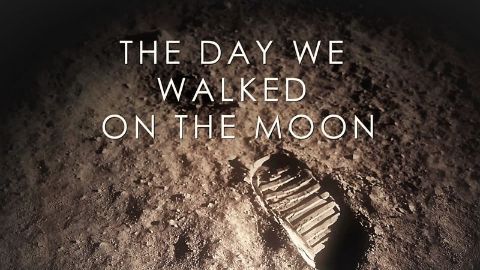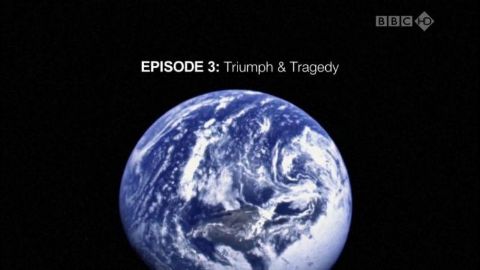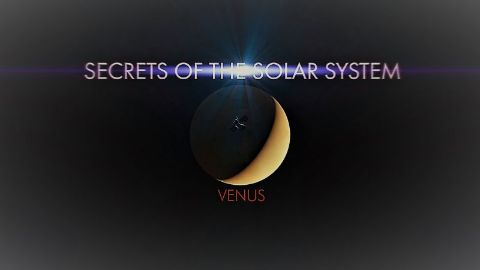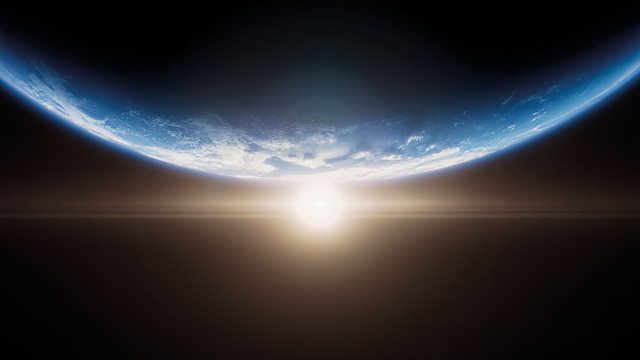How to See a Black Hole: The Universe's Greatest Mystery • 2019
For two years BBC cameras have followed, Dr Sheperd Doeleman of the Smithsonian Astrophysical Observatory and the work of the Event Horizon Telescope project team, a collective of the top scientific minds from around the world. The project combines radio observatories and telescope facilities from around the world to make up a virtual telescope with a diameter spanning the entire planet. This mega-telescope’s ultimate mission is to capture the first image ever of a black hole. Although the concept of black holes has been long assumed to be fact, the Event Horizon Telescope’s success would definitively prove the existence of this scientific phenomena for the first time – and provide clear visual evidence. The programme brings viewers into the laboratories, behind the computer screens and beside the telescopes of what may prove to be one of the great astrophysical achievements in human history.
Make a donation
Buy a brother a hot coffee? Or a cold beer?
Hope you're finding these documentaries fascinating and eye-opening. It's just me, working hard behind the scenes to bring you this enriching content.
Running and maintaining a website like this takes time and resources. That's why I'm reaching out to you. If you appreciate what I do and would like to support my efforts, would you consider "buying me a coffee"?
Donation addresses
BTC: bc1q8ldskxh4x9qnddhcrgcun8rtvddeldm2a07r2v
ETH: 0x5CCAAA1afc5c5D814129d99277dDb5A979672116
With your donation through , you can show your appreciation and help me keep this project going. Every contribution, no matter how small, makes a significant impact. It goes directly towards covering server costs.
